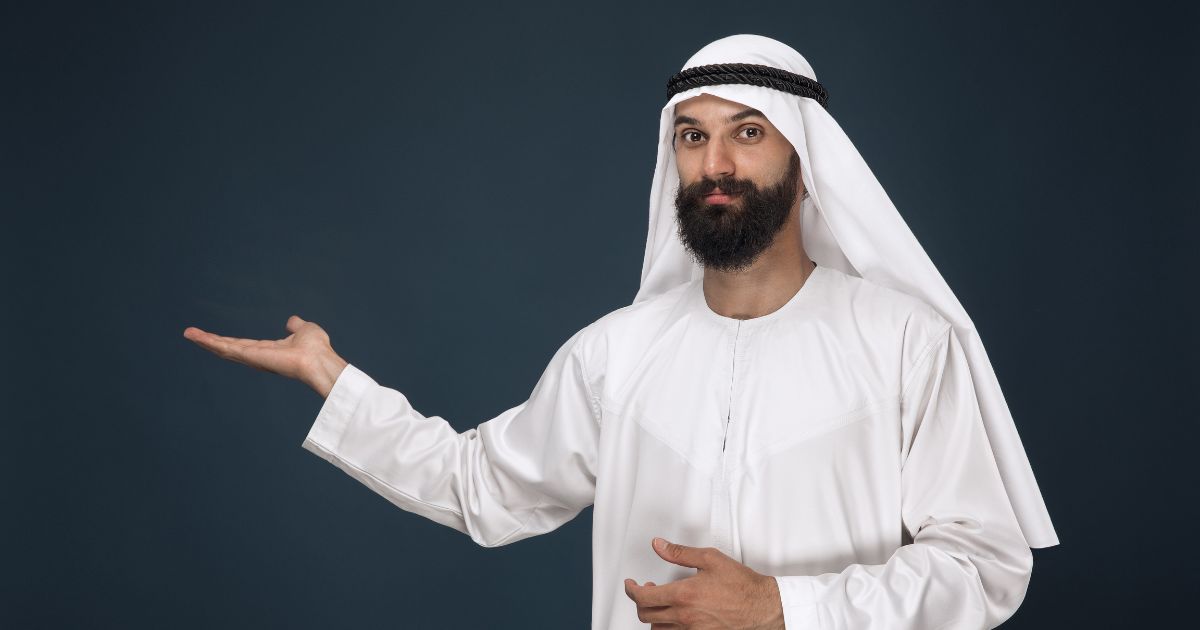A traditional man is often seen as someone who upholds timeless values such as honor, responsibility, and respect. While society has evolved, the core traits of a traditional man remain relevant. But what exactly defines a traditional man, and how does he fit into today’s world? Let’s explore the characteristics, cultural significance, and modern adaptation of the traditional man.
Who is a Traditi’onal Man?
A tradi’tional man is someone who follows age-old principles of integrity, respect, and strength. He values family, loyalty, and hard work. Though the definition may vary across cultures, the essence remains the same—a man who takes responsibility for himself and those around him.
Key Characteristics of a Trad’itional Man
Strong Sense of Responsibility
A tradi’tional man believes in taking care of his family and fulfilling his duties. He does not shy away from challenges but faces them with courage.
Respect for Family Values
Family is the foundation of his life. He respects elders, nurtures relationships, and ensures the well-being of his loved ones.
Hardworking and Disciplined
He understands the importance of hard work and perseverance. Whether it’s his career or personal life, he remains dedicated and focused.
Integrity and Honor
A trad’itional man’s word is his bond. He values honesty and lives by a code of ethics that guides his actions.
Leadership and Protection
He naturally takes on a leadership role, whether in the family or the community. He protects and provides for those who depend on him.
The Trad’itional Man in Different Cultures
The Western Perspective
In Western cultures, the traditional man is often associated with chivalry, gentlemanly behavior, and responsibility. He embodies the classic values of respect and strength.
The Eastern Perspective
In Eastern cultures, a traditional man is expected to uphold family honor, respect traditions, and maintain strong moral values.
The African Perspective
In many African cultures, the traditional man is a leader and protector, deeply connected to his heritage and community responsibilities.
The Middle Eastern Perspective
In the Middle East, a traditional man is seen as the pillar of the family, ensuring stability and upholding cultural traditions.
Challenges of Being a Traditi’onal Man Today
Changing Gender Roles
Modern society has shifted expectations, sometimes making traditional masculinity seem outdated. However, the core values of respect, responsibility, and integrity remain timeless.
Balancing Tradit’ion with Modernity
A traditional man must adapt to changing times while staying true to his principles. He can be strong and compassionate, firm yet understanding.
Misinterpretations of Masculinity
Some people confuse traditional masculinity with being rigid or unemotional. In reality, a true traditional man understands emotions and values emotional intelligence.
The Modern Tradit’ional Man
A modern traditional man blends tradition with progress. He respects the past but embraces positive changes. He supports equality while maintaining his role as a responsible and honorable individual.
Conclusion
The tradi’tional man is not a relic of the past but a figure of strength, integrity, and responsibility. Whether in ancient times or today, his values remain essential. He stands as a protector, a leader, and a symbol of stability in a changing world.
FAQs
What defines a tra’ditional man?
A trad’itional man values responsibility, honor, family, and hard work while upholding timeless principles of integrity.
Is traditio’nal masculinity outdated?
No, the core values of a traditional man—respect, duty, and strength—are still relevant, though they may be adapted to modern society.
Can a tradi’tional man support gender equality?
Yes, a tradit’ional man respects women, values fairness, and believes in providing for and protecting his loved ones.
How can a man balance tradi’tion and modernity?
By embracing core values while adapting to societal changes, a man can be both traditional and progressive.
Why is the concept of a tradi’tional man important?
It provides a strong foundation for personal and societal stability, encouraging responsibility and leadership.
